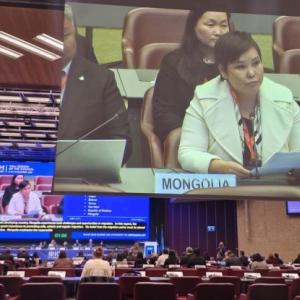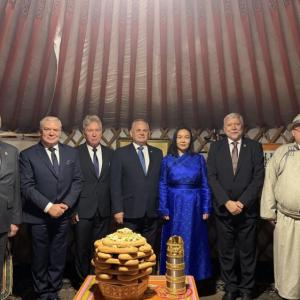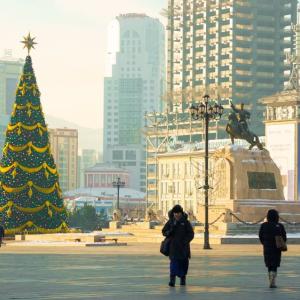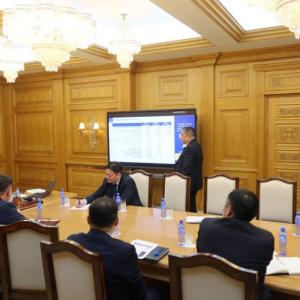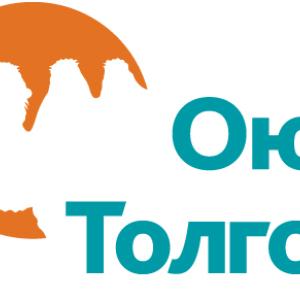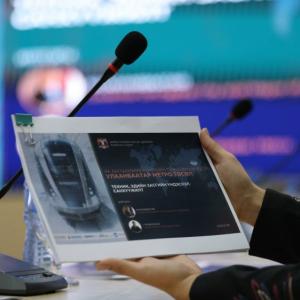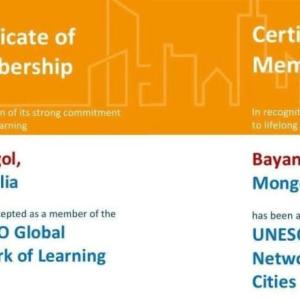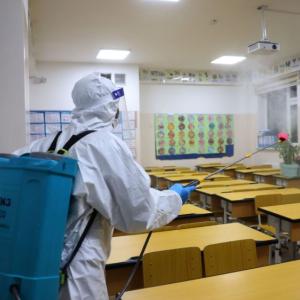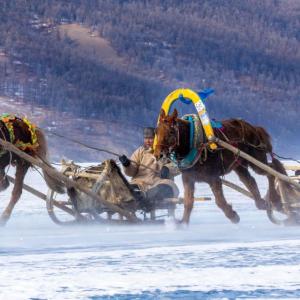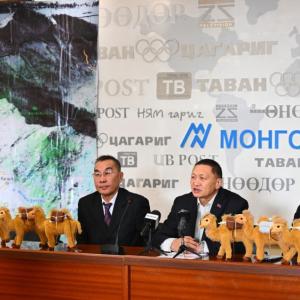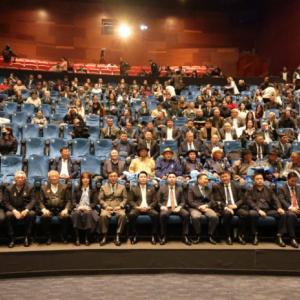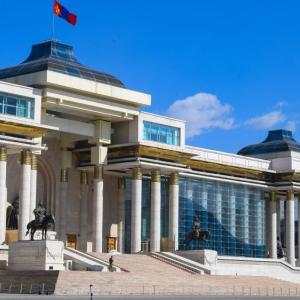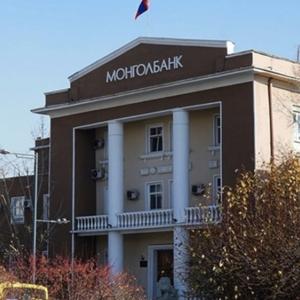Corporate raiding and Mongolia
The Mongol Messenger

Article by Tsagaan Puntsag
Ph.D, Chairman, Economic Policy and
Competitiveness Research Center
A danger to public health – Corona virus
A danger to the economy – Corporate raiding
The countries that
were late to adopt the free market economy, especially the former member states
of the Soviet Union, experience a challenge not less critical than COVID 19: Corporate
raiding.
“Raid, raider or
raiding” in English or “рейдерство, налет, набег, рейдерский захват” in Russian
is a criminal law term used to describe a felony such as seizure, robbery or
plundering of other’s property, which has recently found its embodiment again
elsewhere.
Originated in
England, “raiding” was initially a military term used to denote an attack or
robbery of enemy ships sailing on the high seas. Later, the offences of such
nature spread ashore in the United States and became a common descriptor for
the illegal acquisition of other’s business. More recently, however, in the
1990s, the seizure or robbery of property, businesses, or shares against the
will of their legal owners proliferated in the former Soviet Republics and the crime of corporate raiding spread wide and deep for a short
span of time.
In the beginning,
raids were conducted by blunt means such as direct force, intimidation, forgery of corporate documents etc. It
didn’t take long until the methods of this crime were honed and became far more
organized, thus increasing the severe consequences for society. Although it varies in each country’s given
circumstance, criminals generally choose the
following path: perpetrators with covetous
motivation obtain information about other’s property illegally from banking,
financial, taxation or insurance organizations or law enforcement agencies and
paralyze the target business operation under the cover of law enforcement or
judicial agencies. These include, among
other things, fabricating false charges, blackmailing through unlawful searches
or investigation, delaying or shutting down operations, freezing assets or bank
accounts on trivial grounds, imposing excessive fines, withholding business
licenses for bargaining or coercion, and mislead the public by spreading fake
news. At the end, the criminals manage not only to seize or distribute other’s
assets among themselves or get the business bankrupt, but also to induce formal
warrants or orders to restrict the personal rights and freedom of the victim.
In some countries, the authorities discovered a pattern where people were pressured to gift their companies on the
occasion of wedding or birthday celebrations. Moreover, individuals with public
official badge or seal can be turned into criminal collaborators, conspirators,
or thieves when corrupt government officials are bribed, or perpetrators have
their agents appointed to relevant positions in the government. In other words,
government organizations and officials abuse their authority and privileges
granted by law for villainous acts and employ unimaginable schemes and scenarios.
Present-day raiders
work tirelessly to make their criminal activities appear legal; thus legal and
regulations must be amended regularly to keep up with the pace and complexity
of corporate raiding.
Researchers,
politicians, and lawyers increasingly call for firm actions to combat corporate
raiding as it poses the great danger of rendering country’s economic development and advancement to a dead
end.
To tackle the
issue, some countries with rampant corporate raiding have revised their
existing criminal code by adding a special chapter and provisions for corporate raiding. To enforce the law,
governments now impose harsher punishment for such
crime and focus on the healthy, fair, and transparent operation of law
enforcement agencies. For example, Kazakhstan has codified that if government
or law enforcement officials are found to be corroborating in a corporate
raiding scheme, they shall be imprisoned up to 10 years and banned from their
professional practice.
In Kyrgyzstan,
profitable businesses were so frequently forced to declare bankruptcy and
swallowed up by the misuse of the country’s bankruptcy law that the courts have
been disbanded and restructured from the ground up.
The Russian
Federation, where about 700 thousand cases had been annually recorded in the
early 2000s, benefited from stabilized economic growth and increased foreign
investments after exerting sheer force of the government to get corporate
raiding under control.
2019 saw the
Ukrainian Rada (parliament) establish a new specialized court dedicated to rule
on corporate raiding cases within 24 hours of a complaint being filed. Since
the actions of the crooked are far more
effective and fast-paced than ordinary people (paradox), such court with fast
review process was deemed necessary. After all, Ukraine
has witnessed a sharp decline in raiding cases, hence the improved of
businesses environment.
Corporate raiding, at extreme, can be spotted being committed
even at higher levels of a government. This often causes domestic courts and
law enforcement organizations being unable to adjudicate or investigate cases
fairly, thus making foreign or international courts or arbitral tribunals the
last resort for justice. As a matter of fact, in May of this year, the Hague
Court of Appeals ruled that USD 57 million compensation to be paid to the
former shareholders of Yukos. The litigation is still continuing.
Identifying the
existence of corporate raiding in Mongolia no longer requires studies, glasses,
or microscopes. Putting aside the all-too-familiar cases, it is worthwhile to
note the following: Mongolia has been globally acclaimed for its success in
preventing the COVID-19 pandemic. This must be emulated in a consistent and
determined fight against corporate raiding on all levels to cut it at its
roots. Only then, can the country prosper as a decent economy which is
self-reliant and not at the mercy of others.
Entrepreneurs and citizens can work
efficiently and contribute to the development of their motherland Mongolia as
long as they are healthy and confident in an environment free from the threat
of being deprived of their wealth. This is a simple truth and essential
prerequisite for development.
info@ecrc.mn; tsagaanp@gmail.com
 Ulaanbaatar
Ulaanbaatar





